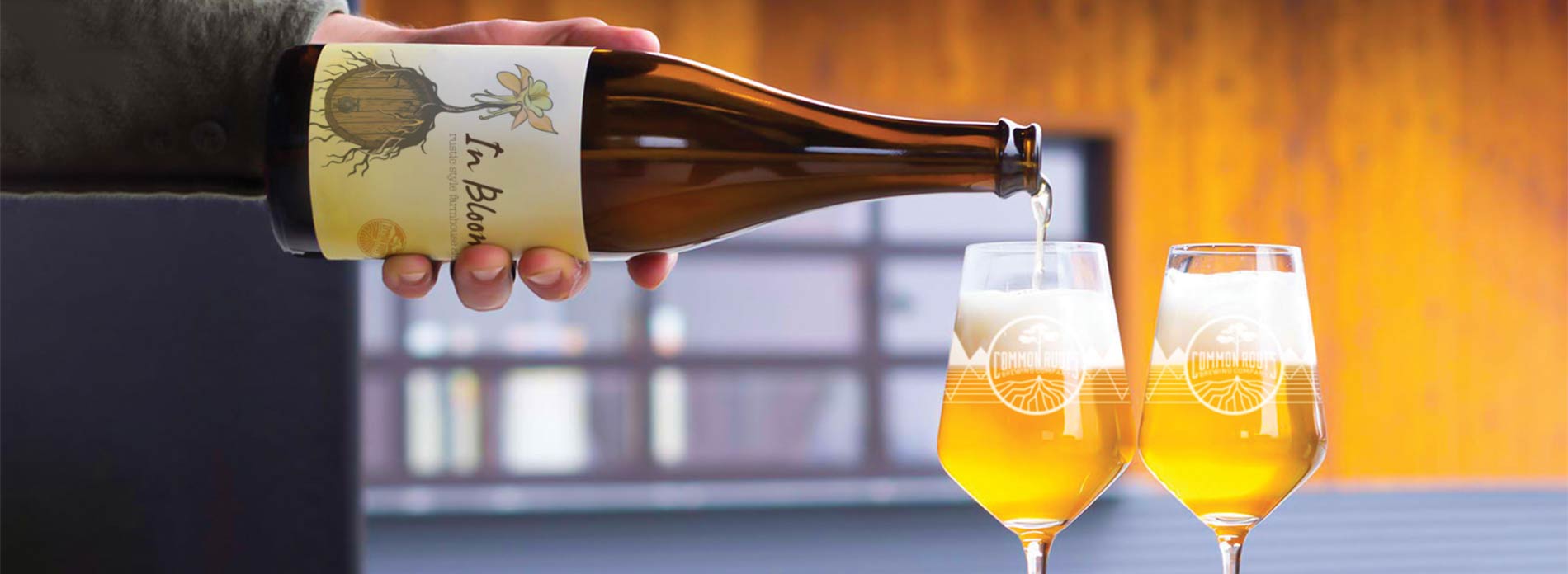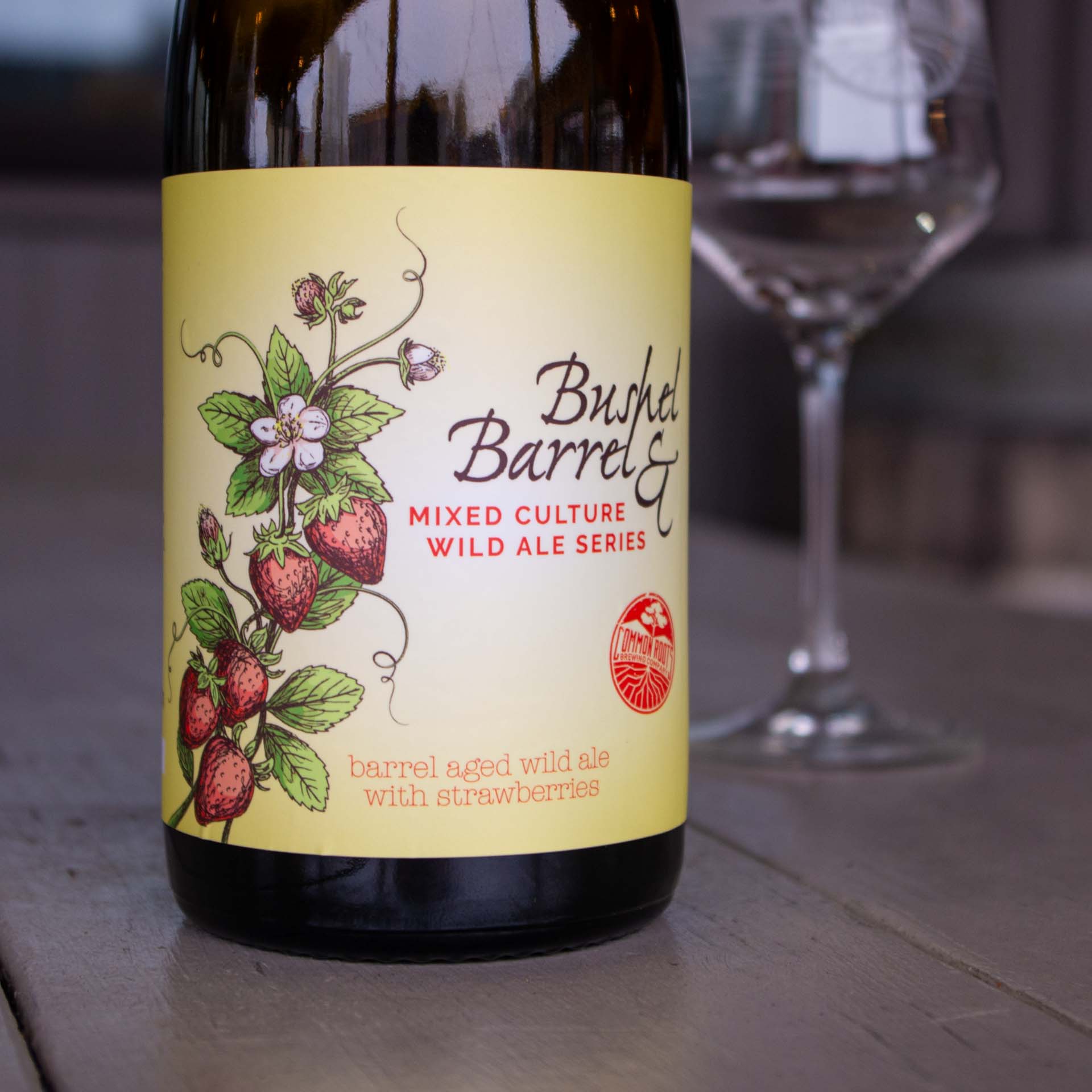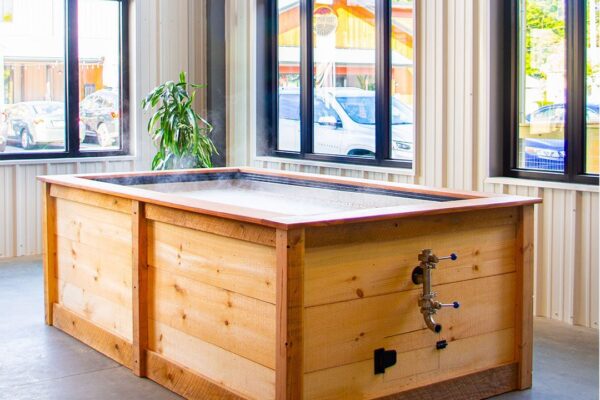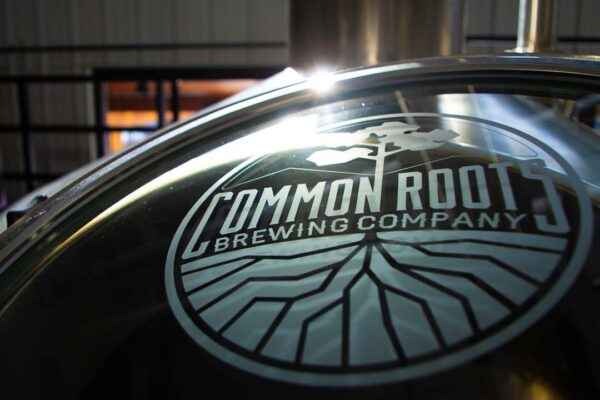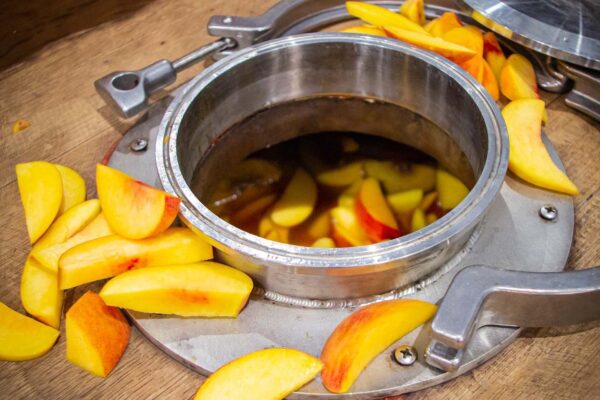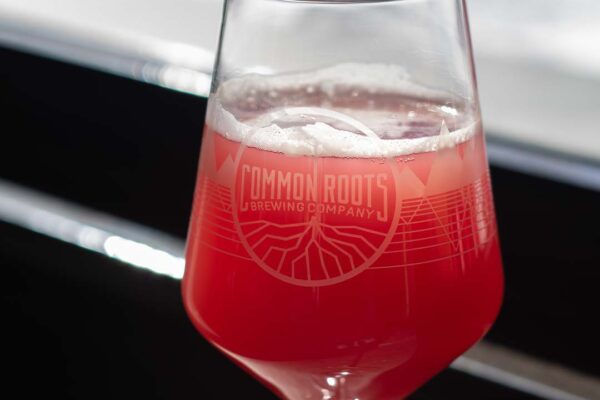What is Wild Beer? Ninety-nine percent of beers in the world (IPAs, Stouts, Lagers, etc.) are made using the “clean” (not wild) beer process. Clean beers are brewed with specific, cultivated strains of brewer’s yeast in a controlled fermentation setting. The focus is on precise control to make each batch consistent and repeatable.
Wild beers, on the other hand, are fermented using wild yeast strains and/or bacteria. These are often obtained from the environment rather than cultivated in a lab like traditional brewer’s yeast. Wild yeasts impart unique flavors and aromas, such as funkiness, tartness, and complex earthy or fruity notes. The fermentation process for wild beer can take longer and may involve spontaneous fermentation, where the wort is exposed to the open air to capture native yeast and bacteria. The wild beer process requires a leap of faith at times, but it makes each batch special and distinctive.

